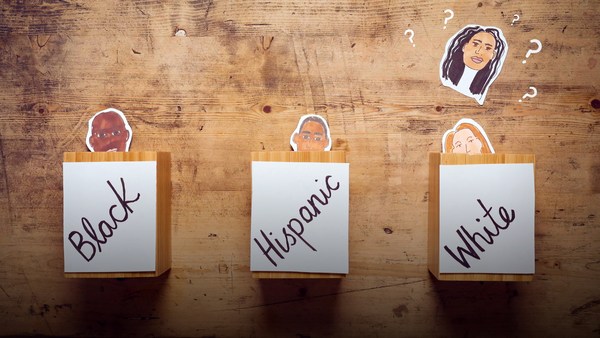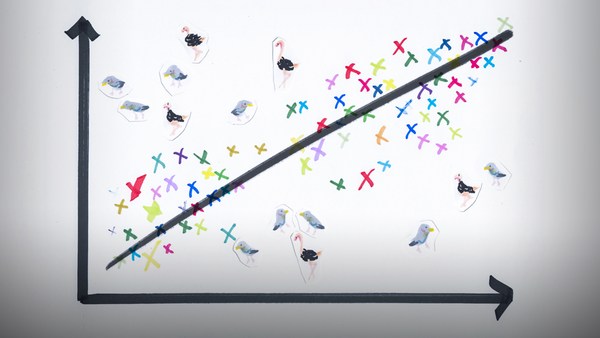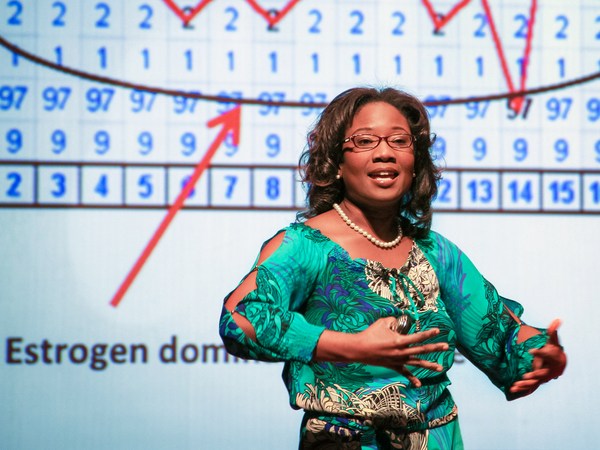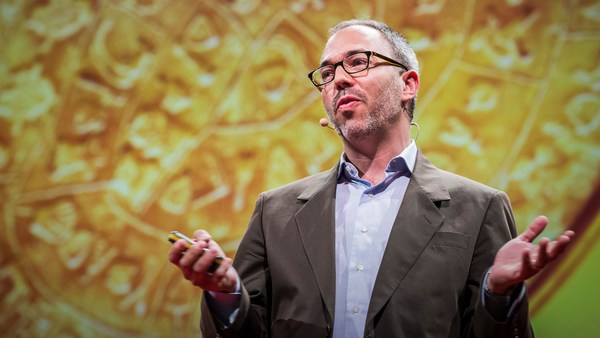No one remembers when you're right, but no one forgets when you're wrong. That's a saying we can all probably relate to. But arguably, no one deals with the backlash of getting things wrong as regularly as a weather person.
[Am I Normal? with Mona Chalabi]
From angry Twitter posts to hate mail, people can get really annoyed when the forecast is nothing like the reality. In 1964, the director of the Taiwan provincial weather bureau was even indicted for failing to correctly forecast the path of a typhoon.
So is our anger justified? I decided to find out just how accurate the weatherman really is. By comparing forecasts from 2017 to the actual temperatures that were recorded, I found that, as you'd expect, the forecast gets more accurate the closer you are to the actual date. So, for instance, when the US National Weather Service issued a forecast seven days in advance, it was off by over six degrees Fahrenheit. At one day in advance, their forecast was only off by about three degrees. But even though better modeling and better technology is expected to bring us better forecasts, we may never be able to predict the weather with 100 percent accuracy. That's because there are more than 100 tredecilion molecules in the atmosphere. That is the number one, followed by 44 zeros. So if we wanted to predict the weather with absolute certainty, we would need to know the position and movement of all of those particles, which is basically impossible for even our best computers.
And our drive to know the future isn't limited to the weather. Take elections, for example. Despite what some websites or publications may lead you to believe, the most accurate election polls are the ones that are taken on election day, not the ones that are carried out in advance.
So the lesson here isn't a terribly surprising one. Accurate predictions depend on accurate information. And the further out you are, the higher the chances that information can change.
So for better accuracy, you just need to be patient. Try to hold off as close as you can to the actual event. And for now, go easy on your local weather person.





